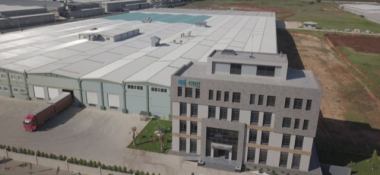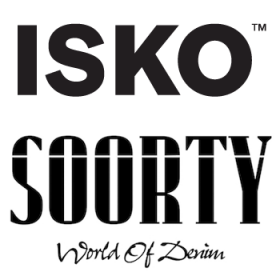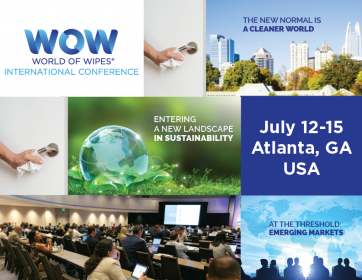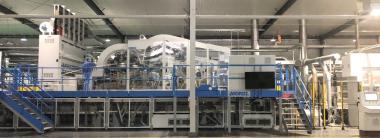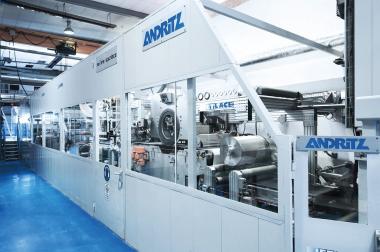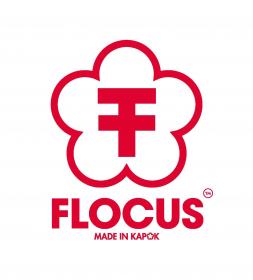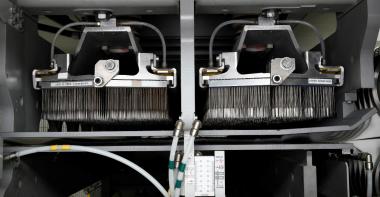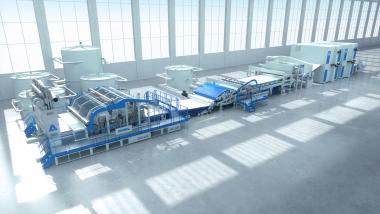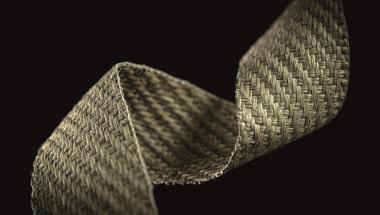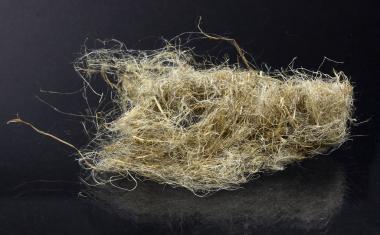Eruslu Nonwovens Group: Entering Biodegradable Nonwoven Market with Truetzschler Nonwovens’ Machinery
Truetzschler Nonwovens will deliver equipment to enlarge an existing spunlacing line - put into operation in 2015 at the Turkish Eruslu Nonwovens Group - into a flexible, state-of-the-art production line for various light to heavy weight sustainable nonwovens.
Last year Eruslu decided to broaden its portfolio in the wipes segment by adding biodegradable products from renewable resources. The group took full advantage of the 2015 small capacity line and went for:
- a second NCR random and a NCA airlay card
- fiber preparation and card feeding equipment for the two new cards
- more hydraulic power to reliably and efficiently hydroentangle multi-layer webs
- an extension to the dryer for increased evaporation capacity
After starting up in the second half of 2022, Eruslu will be operating an ultra-modern, highly flexible NCR-NCA-NCR spunlace line, the first of its kind in Turkey. The line is tailor-made to process virgin cotton fibers, comber noils and short fibers at high speeds. End products are top-quality, lightweight natural wipes or heavy-weight, three-layer nonwovens for cosmetic pads.
Trützschler Nonwovens & Man Made Fibers GmbH


